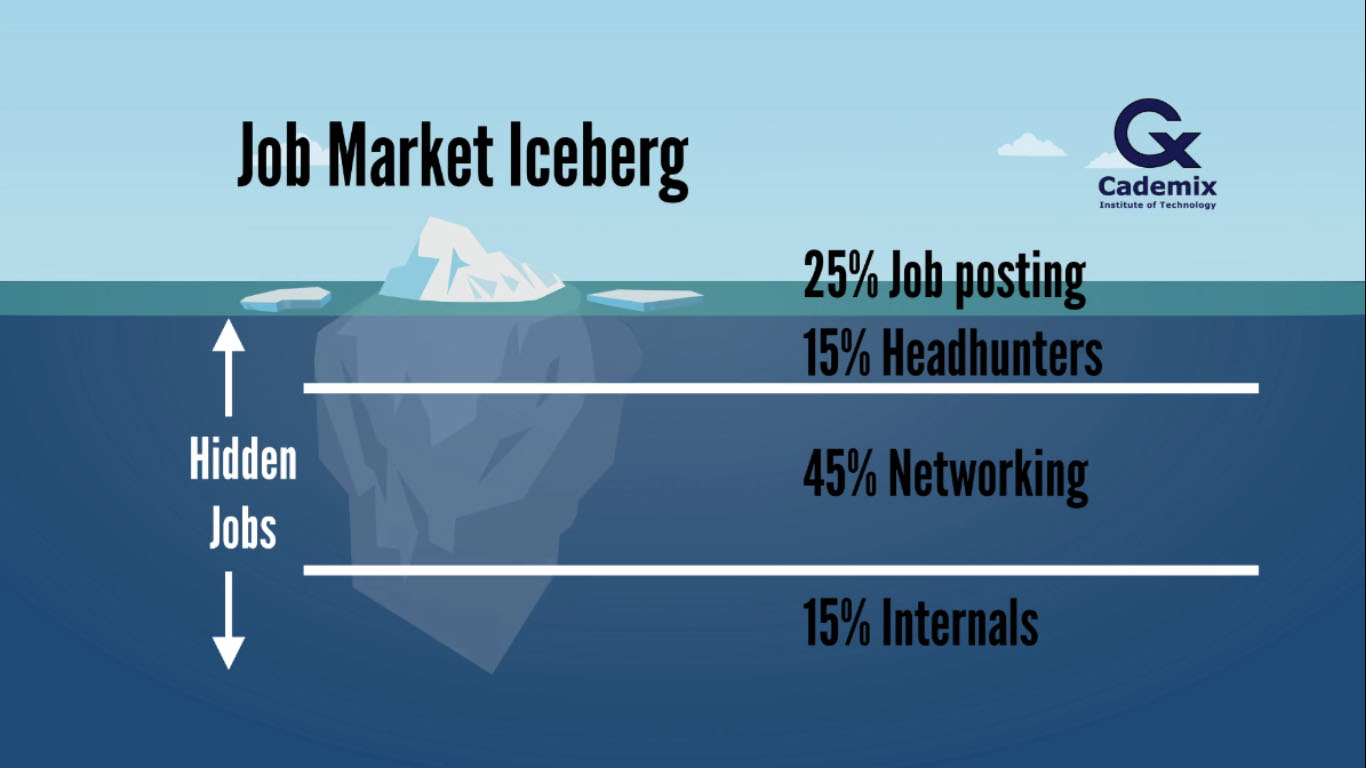Cademix Institute of Technology, Vienna, Austria | +43 650 967 7080 | info@cademix.org


Cademix Institute of Technology
Job seekers Portal for Career Acceleration, Continuing Education, European Job Market
People also visited:
Cheapest Eye Exam Near Me: Understanding the Sociological and Psychological Impacts
Spare Parts Management in Refinery
The Importance of Budget Management in Event Planning
Finding the Best Vision Centers Near Me: A Critical Review
Mastering the Art of Following-Up Job Applications
How To Use AI To Boost Career Confidence In A VUCA Job Market
Pre Reg Optometrist Jobs: A Comprehensive Guide for Aspiring Optometrists
Acuvue Oasys: The Ultimate Guide to Comfort and Clarity
Optimizing Efficiency in High-Voltage Power Transmission for Renewable Energy Integration
3D Rigging of Logos for Character Animation: Practical Steps
A Comprehensive Review of Integrated Photonic Circuits (PIC) Design Methodologies for Quantum Comput...
The User Research Role in Shaping User-Centric Mobile Apps
Indeed Optometrist: Finding Optometrist Jobs on Indeed
AI Bias and Perception: The Hidden Challenges in Algorithmic Decision-Making
RX Safety Glasses: Protecting Your Vision with Style and Function
How to create animation in Matlab?
International Applicants in Europe: Psychological Barriers and Adaptation Strategies
Efficient Resource Management in Handling Client Inquiries
Comprehensive Eye Care: A Complete Guide to Maintaining Healthy Vision
The Psychology of Engagement: Why People Interact with Digital Content and How to Leverage It
Innovating for a Sustainable, Eco-Friendly Design Revolution
Optometrist for Hire: A Comprehensive Guide for Employers and Job Seekers
Agile Project Management in Refineries Overhaul
The New Standards of Digital Content Responsibility: Why Users Must Take the Lead
People also visited:
Understanding Engagement: A Psychological Perspective on Disruptive Social Media Content
Difficulties of Voluntarily Rescuing Stray Dogs in Iran
Exploring Biofinity XR: Benefits, Features, and Considerations for Users
Agile Project Management in Refineries Overhaul
The Future of Content Moderation: Balancing Free Speech and Platform Responsibility
Importance of SMEs role in EU Funding policy
Optimizing SEO for Multilingual Websites: A Comprehensive Guide
Low cost & Portable MRI Systems - A step toward democratization of Health Care
Pharmaceutical challenge: the non-alcoholic hand sanitizer
The Psychology of Rural Event Planning: Challenges and Opportunities
A Guide to Germany's Biggest Cities: Where to Study, Work and Explore!
The Science Behind Bifocal Contacts: An In-Depth Look at Optics and Vision Correction
Oasys Contact Lenses: A Detailed Review of Their Advantages and Disadvantages
Colored Contacts Non Prescription: Enhancing Your Look Safely and Effectively
Walk-In Eye Exams: What to Look for and Critical Considerations
Streamlining the Recruitment Process with Chat-GPT: A Guide for HR Professionals
Red Contact Lenses: Stylish Choices and Essential Safety Tips
Comprehensive Guide to the Best Resume Format: How to Choose and Use Them Effectively
The Synergy of Human Skills and GPT-4o: Maximizing AI Potential
OptiFree PureMoist: Enhancing Contact Lens Comfort and Hygiene
Arduino and Raspberry Pi in an Amazing Smart Home
Design, Programming, and Commissioning of Industrial Control Software Using PLC Systems: A Practical...
Facade Integration of Photovoltaic Modules: Design and Efficiency
200 Interview Questions for Germany and Austria

